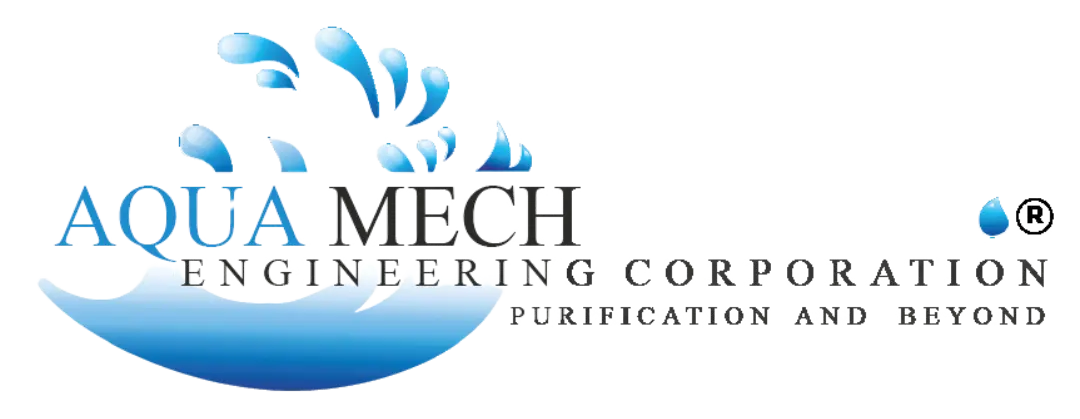Introduction
Since the industrialization in India continues to spread at a fast pace, proper industrial wastewater treatment in India has become a significant concern. Today, industries need to adhere to the toughest of environmental legislations to check pollution and conserve the environment. Untreated industrial wastewater can devastate water bodies, human health, and ecosystems.
Today’s blog takes a complete look at the compliances for industrial wastewater treatment in India, the laws that are in place to facilitate that, and how Aqua Mech’s solutions are created to enable industries keep their end of compliance and be environmentally responsible.
Why Wastewater Compliance Matters
Industrial wastewater may contain toxic chemicals, heavy metals, suspended solids, oils and other hazardous substances. It is an offense to discharge untreated or poorly treated effluent into public drains or watercourses.
- Hefty penalties
- Factory shutdowns
- Environmental damage
- Legal prosecution under ecological laws
To avoid such risks, industries must comply with wastewater treatment laws and guidelines laid out by the Central Pollution Control Board (CPCB) and State Pollution Control Boards (SPCBs).
Key Wastewater Compliance Laws in India
1. The Water (Prevention and Control of Pollution) Act, 1974
It is the foundational legislation for industrial wastewater treatment in India. Under this law, all industries must obtain two consents from their respective SPCB:
- Consent to Establish (CTE)
- Consent to Operate (CTO)
These consents certify that the industry has adequate facilities to treat its wastewater before discharge and complies with local environmental norms.
2. The Environment (Protection) Act, 1986
The Environmental Law 1996 enables the central government to protect the environment. It prescribes the concentration of material in effluent to be discharged. It requires the industry to treat the effluent by ETP (Effluent Treatment Plant) where the concentration level is beyond specific limit for the red and orange categories of the industries.
3. EIA Notification (2006) and Amendments
Under the Environmental Impact Assessment (EIA) framework, certain industries must conduct an environmental study before establishing their plant. The EIA must include details on:
- Quantity and quality of effluent generated
- Proposed treatment methods
- Mitigation measures for pollution
4. Hazardous Waste Management Rules, 2016
Companies working with hazardous wastewater have to store, handle and discard such waste in compliance with strict procedures. Improper care could result in toxic spills or groundwater contamination, putting health and safety and as a public concern.
Effluent Discharge Standards: What Shall Comply?
CPCB and SPCBs have put in place industry sector-wise effluent standards, which include permissible limits for:
- BOD (Biochemical Oxygen Demand)
- COD (Chemical Oxygen Demand)
- Total Suspended Solids (TSS)
- pH levels
- Heavy metals (Lead, Mercury, Arsenic, etc.)
Each standard is different depending on the type of business and if any of the discharge that they release is into soil, surface waters, or sewer systems. Regular monitoring, sampling, and reporting are required, and the industry shall keep an environmental monitoring logbook.
Common Compliance Challenges
With well-established laws, some industries keep having trouble to remain compliant due to:
- Limitation of technological skills in the operation or planning of ETPs
- Aging or underperforming treatment systems
- Inadequate monitoring of effluent quality
- Limited budget for incorporating advanced treatment technologies
This is where trusted partners with wastewater, like Aqua Mech for services, come into the picture.
How Aqua Mech Guarantees Compliance Wastewater
Aqua Mech, a pioneer in water and wastewater treatment solutions, assists (wastewater treatments & water treatment plants) in India’s industries to comply with standards with the latest and economically feasible solutions. Here’s how:
Custom ETP & STP Solutions
Whether you are in the chemical effluent generation industry or the Organic Rich wastewater industry, Aqua Mech is specialist in designing Effluent Treatment Plants (ETPs) & Sewage Treatment Plants (STPs) as per your requirements & discharge regulations.
ZLD (Zero Liquid Discharge) Systems
To fulfill the strict requirement of a pollution violation zone, Aqua Mech presents ZLD technology that recycles & reuses wastewater with zero discharge.
CPCB/SPCB Compliance Assistance
Aqua Mech-assists in fulfillment of industries documentation, lab testing, monitoring program, and regular audits:
- CTE/CTO approvals
- Environmental Clearances
- Annual compliance reporting
Remote Monitoring & AMC Services
By means of automation, SCADA, and Annual Maintenance Contracts, customers can continuously monitor of effluent parameters and ensure long-term compliances.
Conclusion
Following India’s industrial wastewater regulations is not negotiable—legally or ecologically. With increased regulatory oversight and public awareness, industries need to implement strong, compliant, and sustainable wastewater treatment solutions.
Aqua Mech enables industries to remain on the correct side of the law while helping to make the world a cleaner place. Whether you’re establishing a new plant or expanding your current ETP, Aqua Mech makes your journey to compliance easy, clear, and effective.





